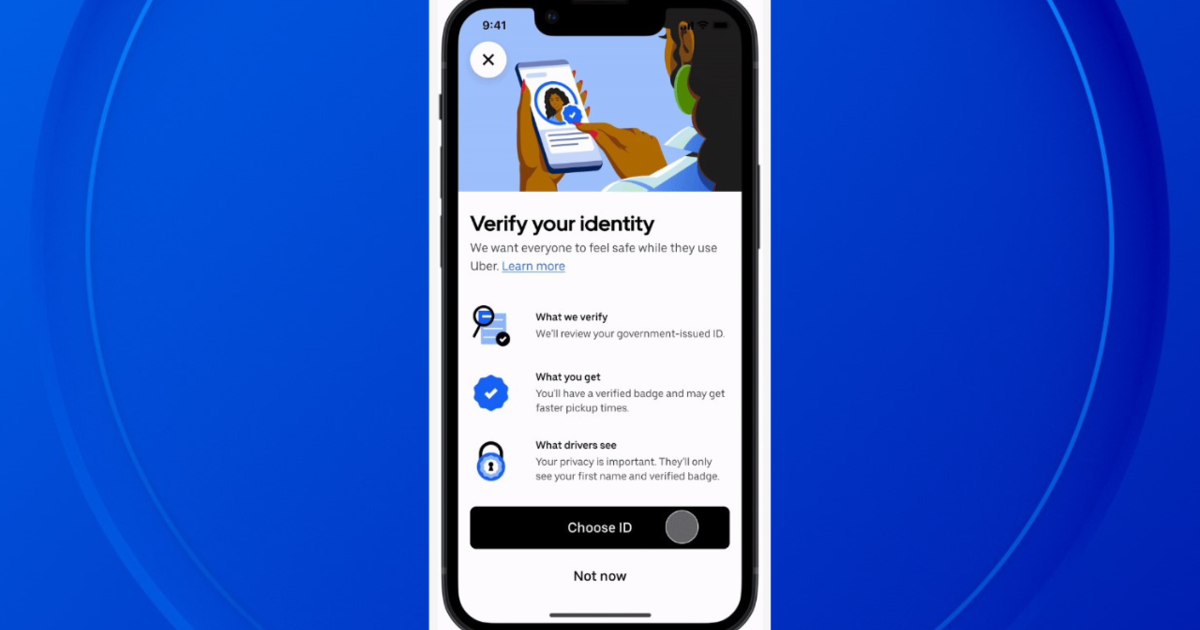More From The District Export Council Conference
Small and midsized businesses don't know many of the risks they face to their inventions when they begin exporting products.
That was the word from Bruce M. Kisliuk, an assistant deputy commissioner in the U.S. Patent and Trademark Office, at the International District Export Council Conference in Detroit Wednesday.
Kisiluk said many small to medium-sized businesses "fail to underatand that patents and trademarks are territorial, that they must be prosecuted on a country by country basis."
Also, many foreign countries don't have the United States' one-year grace period between disclosing an invention and filing a patent.
That's why the Patent Office recommends getting intellectual property protection before publishing detailed information on any invention on the Internet -- because it's called the World Wide Web for a reason.
Also, Kisliuk said, "we have found that many small and midsized enterprises fail to undersnad that manufacturing for export only in another country stilll may subject the business to suit for IP infringement if rights have not been secured in that country. We always recommend better safe than sorry."
The law also offers protections that many small companies don't know about, Kisliuk said, for instance, he said "registered trademarks and copyrighted works may be recorded with the U.S. Customs and Border Protection to help prevent importation of infringing goods into the U.S. Also, many businesses do not know that rights registered in other countries may be recorded to help prevent exportation of infringing goods."
Kisliuk said the Patent Office runs a Global Intellectual Property Academy to offer training on IP issues, and operates the Strategy Targeting Organized Pirace Web site and hot line ((866) 999-HALT) to stop the import of fake goods into the United States.
*****************************************************
Also speaking Wednesday was Mike Lorenc of Google Inc.'s Ann Arbor AdWords offices, about how exporters can use the Internet to boost their businesses.
"Interactive is the way of life," Lorenc said, pointing to 1.8 billion people worldwide who now have Internet access through a PC -- a number that he said would "double in the next couple of years as people get Internet through mobile devices."
Those Web users conduct four billion searches a day. And then there are the 500 million Facebook users and the second-largest search site -- the video site YouTube.
Lorenc pointed out that other countries' Web usage is growing far more rapidly than the U.S., something critical for exporters to remember. The U.S. has 238 million Web users but that number is growing at only 4 percent a year. In China it's 384 million users growing at 29 percent a year. In India it's 130 million users growing at 23 percent a year. And in Brazil it's 67 million users growing at14 percent a year.
Lorenc also pointed out that the U.S. isn't No. 1 in many tech categories -- it's No. 41 in household broadband adoption at 56 percent (Switzerland is at 91 percent). It musters no better than middling in penetration of third-generation wireless services as well, at 41 percent (Japan is at 90 percent, Korea 75 percent).
Among countries, Lorenc said the United Kingdom is the world's leader in share of advertising spent online, while the world's leading social networking users are Brazil and South Korea. The world's online gaming leader is China, the mobile payments and mobile TV leader is Germany, and the world's micropayments over cell phone leader is the Phillipines.
Lorenc then ran through Google's products to help businesses make more of their Web presences, including Google Insights for Search that allows users to study changes in search over time and region, AdWords that target search ads, YouTube that allows a business to post product video free, and Google Analytics to measure Web site visits.
*************************************************
In breakout sessions that followed, area online marketing experts put more flesh on those bones.
Ramsey Sweis, of the Sterling Heights Web and search marketing firm Aqaba, said exporters like every other business, should have strong Web and social media strategies.
"Numbers don't lie," Sweis said, emphasizing 500 million Facebook users and billions of Web searches a day. "Everything leads back to your Web site -- your business cards promote your Web site, your TV and print and radio marketing supports your Web site."
Sweis said the Web has allowed him to expand his business globally -- offering as an example a Web marketing campaign Aqaba did for a client in Japan that Sweis has never met in person.
He said broken links, long load times and irrelevant content are the enemies of effective Web pages.
Barney Lehrer of FITA Online, a New York City trade agency, said social media is the modern, online equivalent of networking opportunities like conventions, conferences and cocktail parties. It allows exchange of ideas, publicity, relationship building and learning about the latest trends.
He's a couple of weeks away from releasing GlobalTrade.net, a social media site for international trade.
(c) 2010, WWJ Newsradio 950. All rights reserved.



